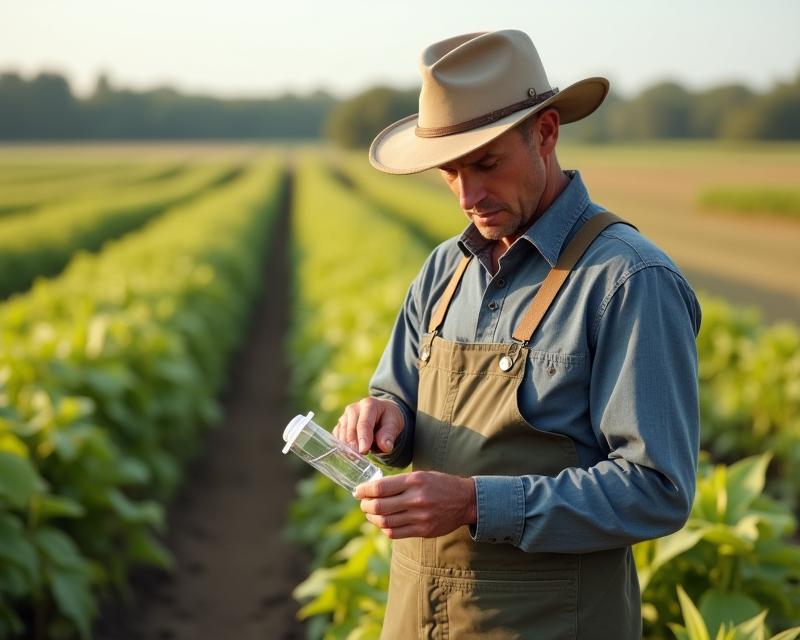GMOs: Helping Feed the World?
Publish in Agriculture el 21/07/2025 20:12
GMOs: Helping Feed the World?
Hey everyone! As farmers and gardeners, we're always looking for ways to improve our yields and ensure a healthy food supply. One topic that often sparks conversation is Genetically Modified Organisms, or GMOs. You might have heard a lot about them – some good, some not so good. But what exactly are they, and how can they help address global challenges like malnutrition?

Simply put, GMOs are plants whose genetic material has been altered in a way that doesn't occur naturally. This is done to introduce desirable traits, like increased resistance to pests, diseases, or herbicides. The goal isn't to create something 'artificial,' but rather to enhance existing qualities that benefit farmers and consumers. Think of it like selectively breeding, but with more precision. For example, scientists have developed GMO crops that produce higher levels of vitamins and minerals, addressing specific nutritional deficiencies in vulnerable populations.
Now, let's look at some real-world examples. In Africa, Golden Rice is a prime example. This variety is genetically engineered to produce beta-carotene, a precursor to Vitamin A. Vitamin A deficiency is a major health problem in many African countries, leading to blindness and weakened immune systems, especially in children. Golden Rice offers a simple and cost-effective way to combat this deficiency, directly impacting the health and well-being of communities. Similarly, in Asia, scientists are working on biofortified crops like iron-enriched beans and rice to address iron deficiency anemia, a widespread issue impacting productivity and overall health.
These projects aren't just theoretical; they're making a difference. By improving the nutritional content of staple crops, GMOs can help improve the health of populations and reduce the burden of malnutrition. Of course, there are ongoing discussions about the safety and environmental impact of GMOs, and it's important to stay informed and consider all perspectives. But the potential of genetic engineering to address critical food security challenges, particularly in regions facing malnutrition, is undeniable. As farmers, understanding these advancements is crucial to being part of the solution for a healthier, more sustainable food future. Keep an eye out for more developments in this exciting field!





